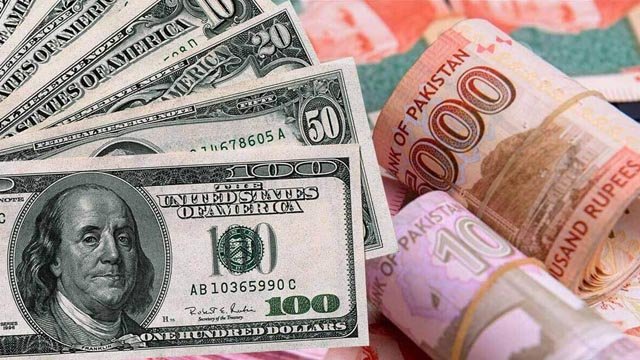In line with the market expectations, the State Bank of Pakistan (SBP) on Monday jacked up the benchmark interest rate by 100 basis points to 17% — the highest since October 1997 — to fight the wild inflationary fires spreading across the country.
SBP Governor Jameel Ahmad, in his maiden monetary policy press conference after assuming charge in August, revealed that the committee has observed that “inflationary pressures are persisting and continue to be broad-based”.
“If these remain unchecked, they could feed into higher inflation expectations over a longer than-anticipated period therefore the Monetary Policy Committee (MPC) stressed that it is critical to anchor inflation expectations and achieve the objective of price stability to support sustainable growth in the future,” he further explained.
The central bank raised the benchmark interest rate by 100 basis points (bps) today taking the total increase to 750bps since January 2022 to counter rising inflation.
The MPC — which was constituted as a statutory committee under the State Bank of Pakistan Act — decided to increase the key benchmark rate due to three important economic developments:
-
Inflation
-
External sector challenges
-
Global economic conditions
Explaining each of the aforementioned factors individually, the governor said that despite some moderation in November and December, inflation continues to remain elevated. Importantly, core inflation has been on a rising trend for the past 10 months.
Moreover, near-term challenges for the external sector have increased despite the policy-induced contraction in the current account deficit. “The lack of fresh financial inflows and ongoing debt repayments have led to a continuous drawdown in official reserves,” he said.
The MPC also took notice of the global economic and financial conditions broadly remaining uncertain in the near-to-short term, leading to mixed implications for the domestic economy.
The central bank, in its monetary policy statement, further elaborated that the expected slowdown in global demand could negatively impact the outlook of exports and workers’ remittances for emerging economies, including Pakistan.
“This would partly offset the gains from the import contraction. On the flip side, some moderation in international commodity prices may help reduce inflation and the improvement in global financial conditions may also provide some relief to the external sector,” he said.
.











